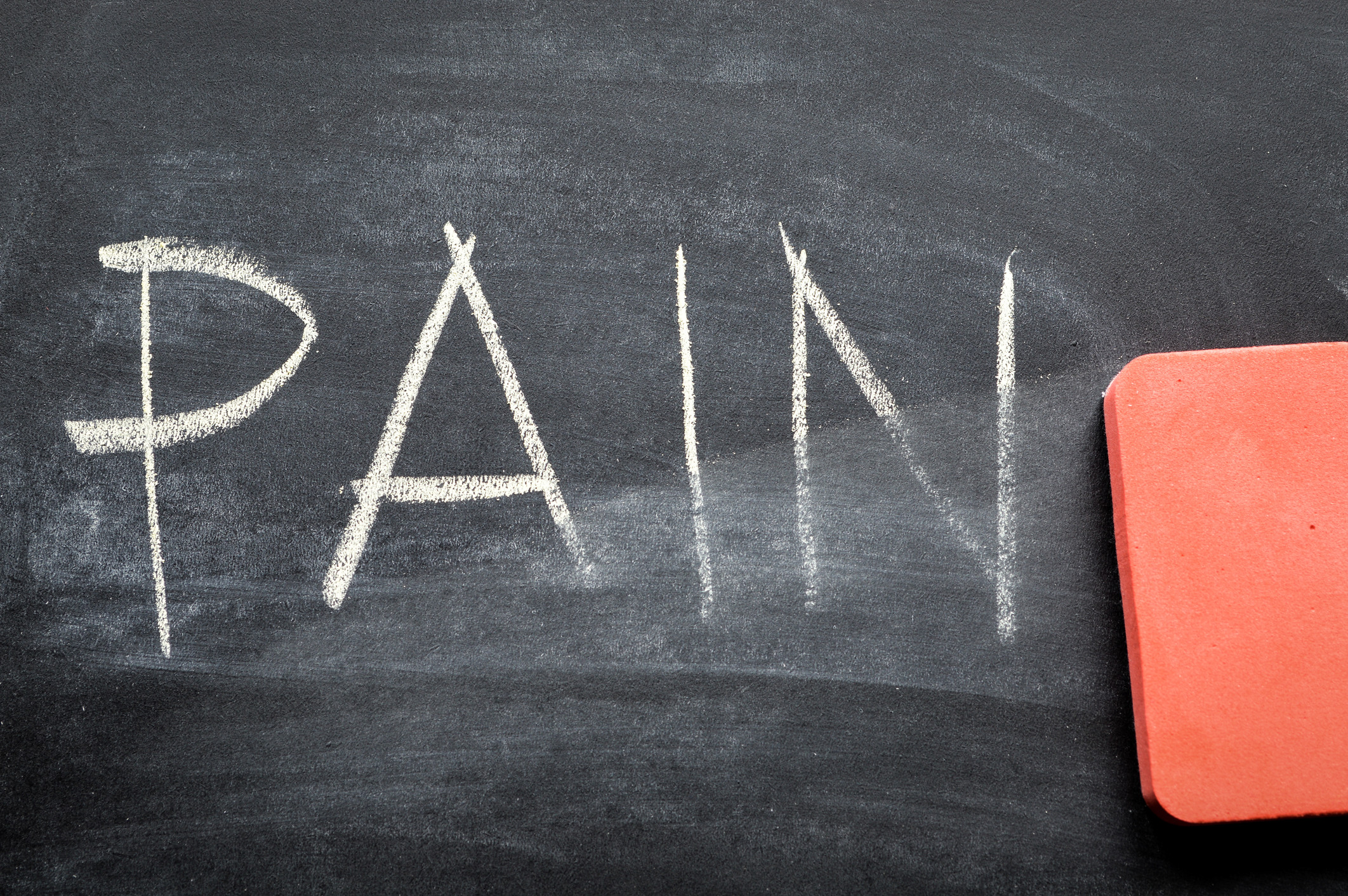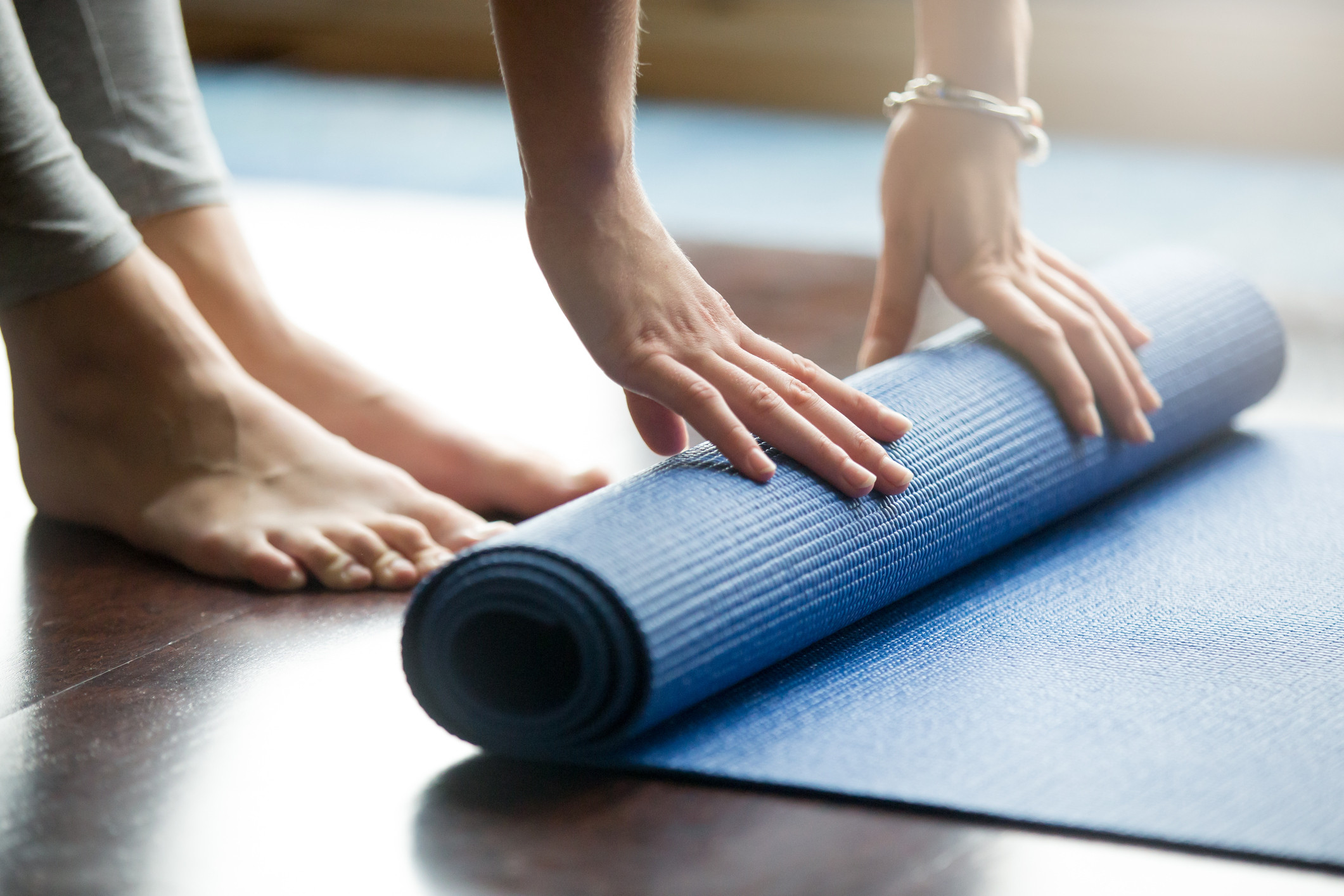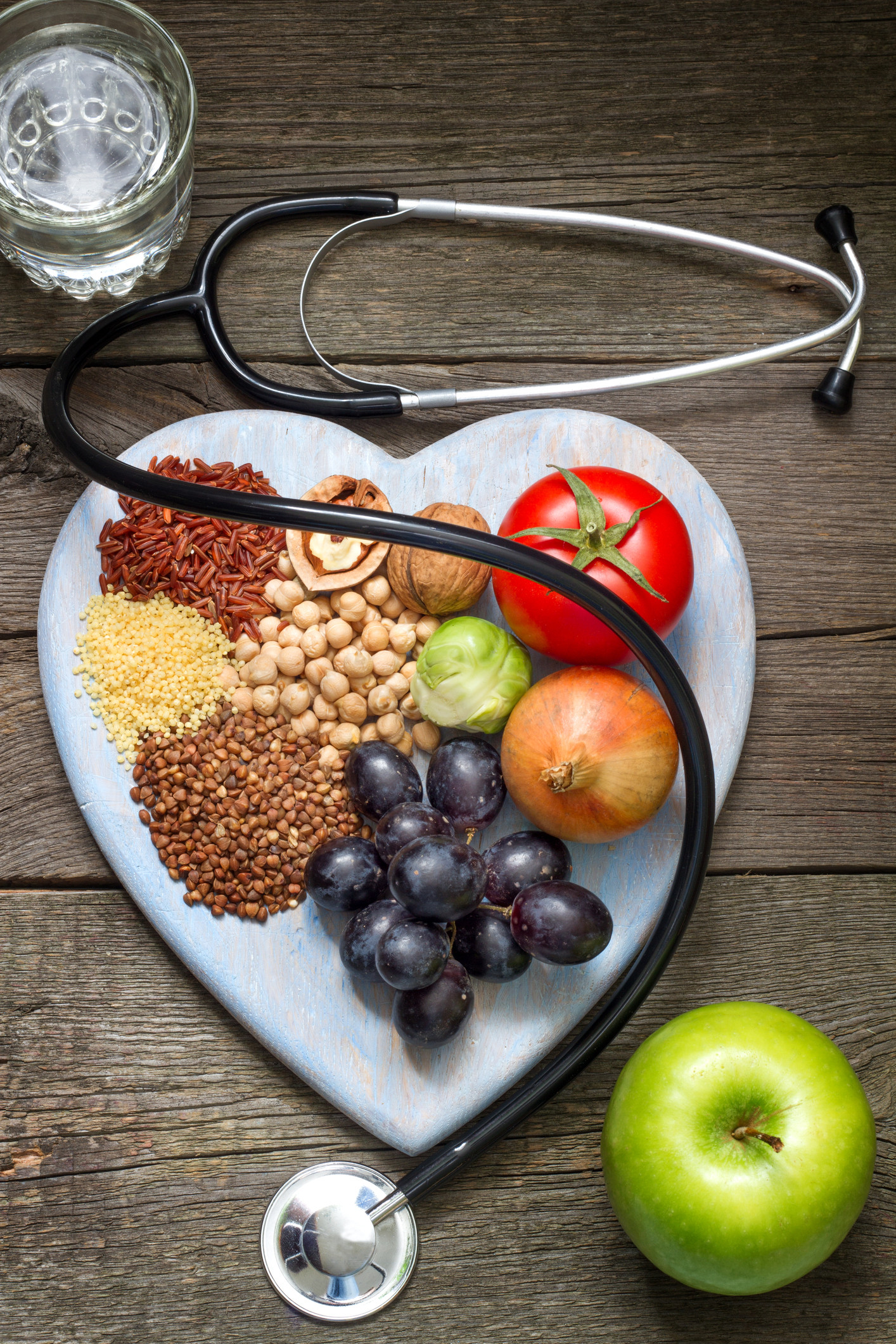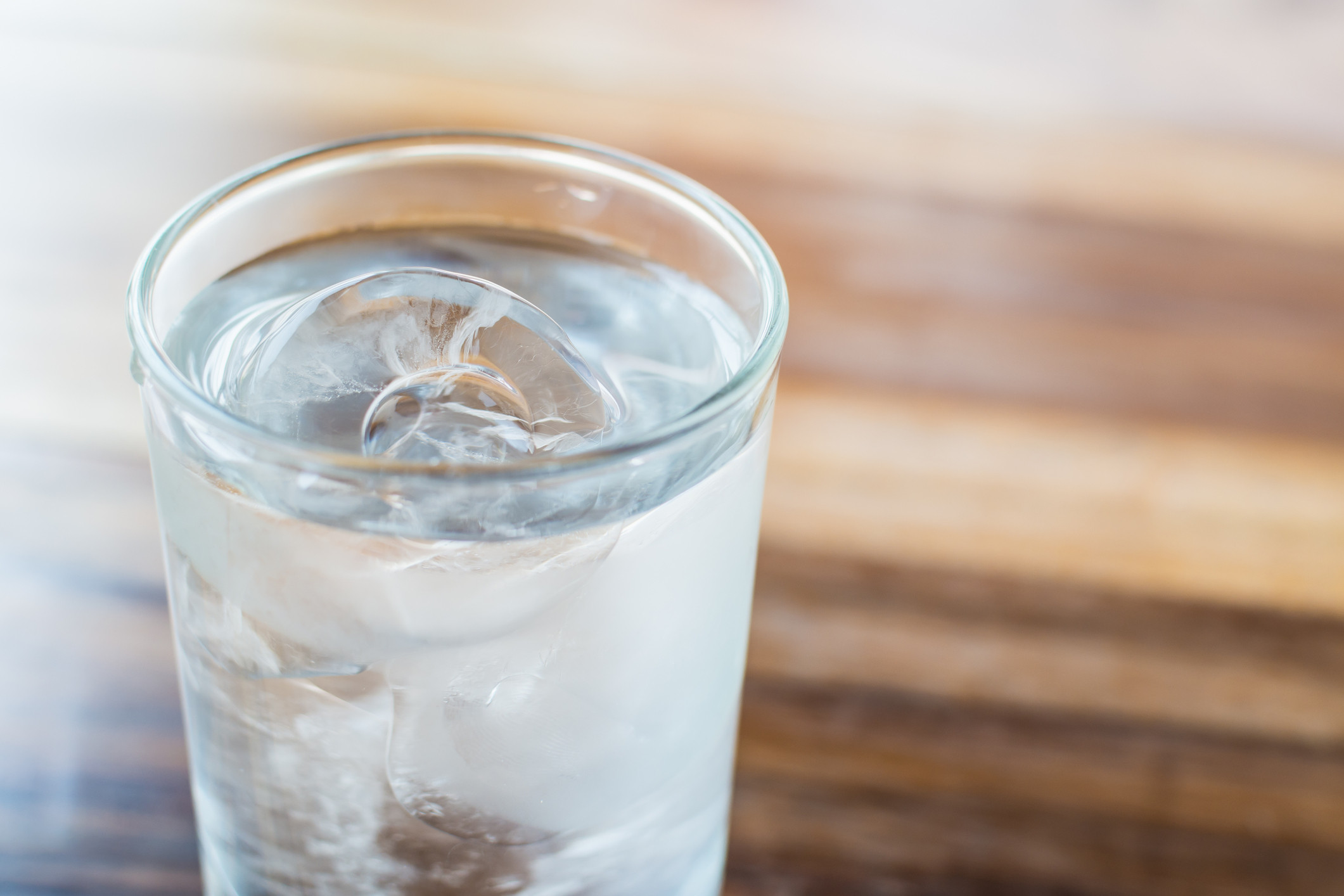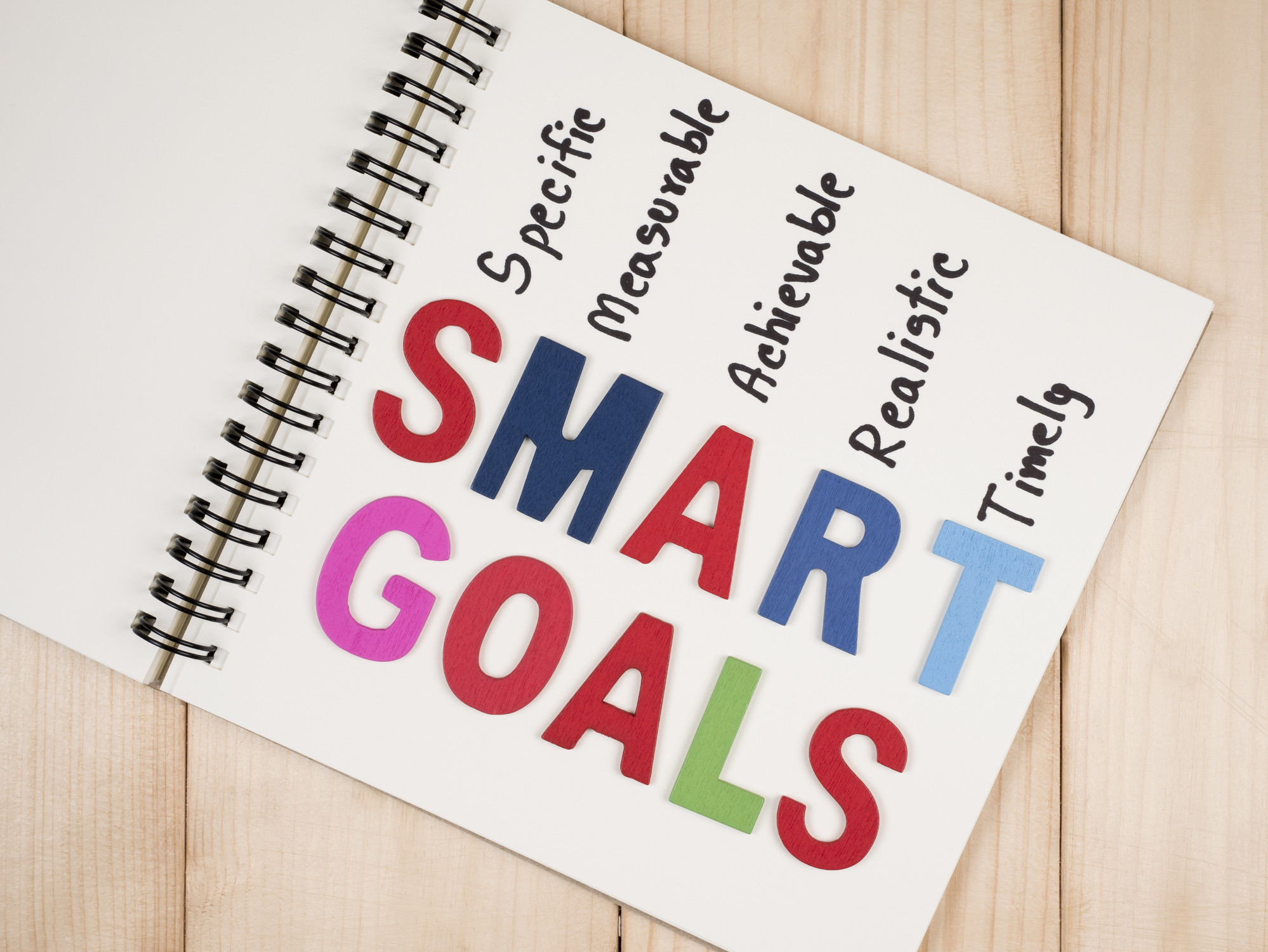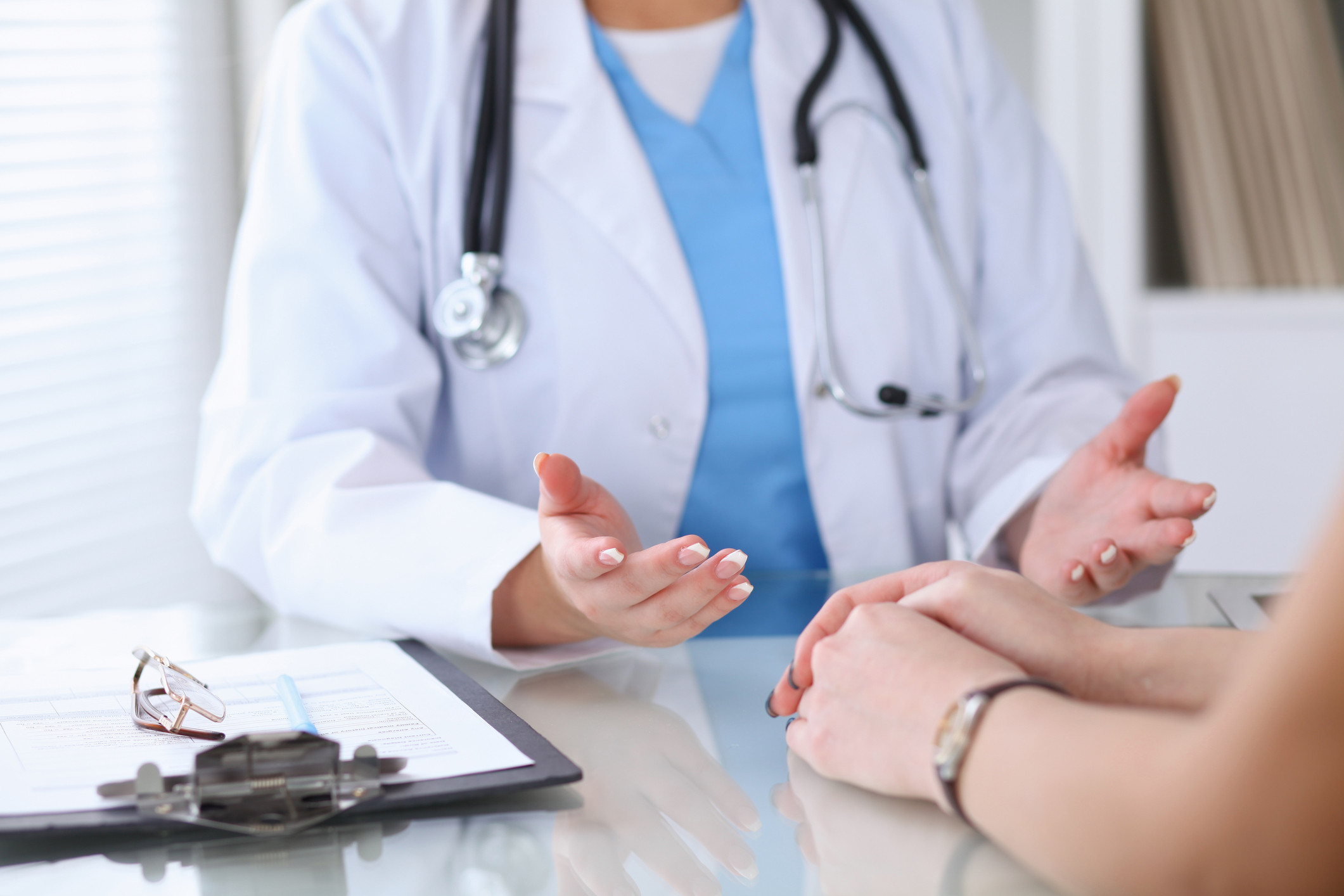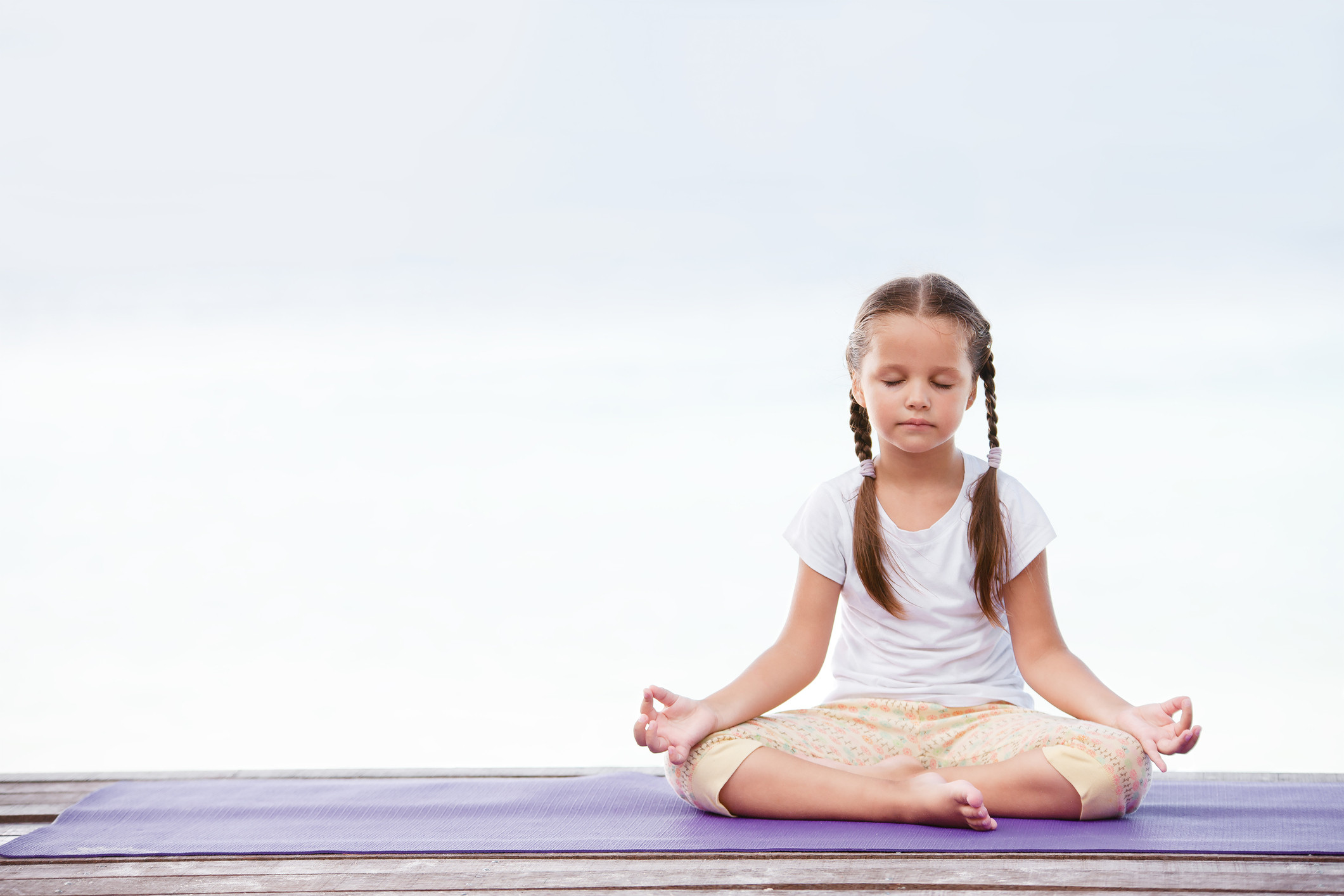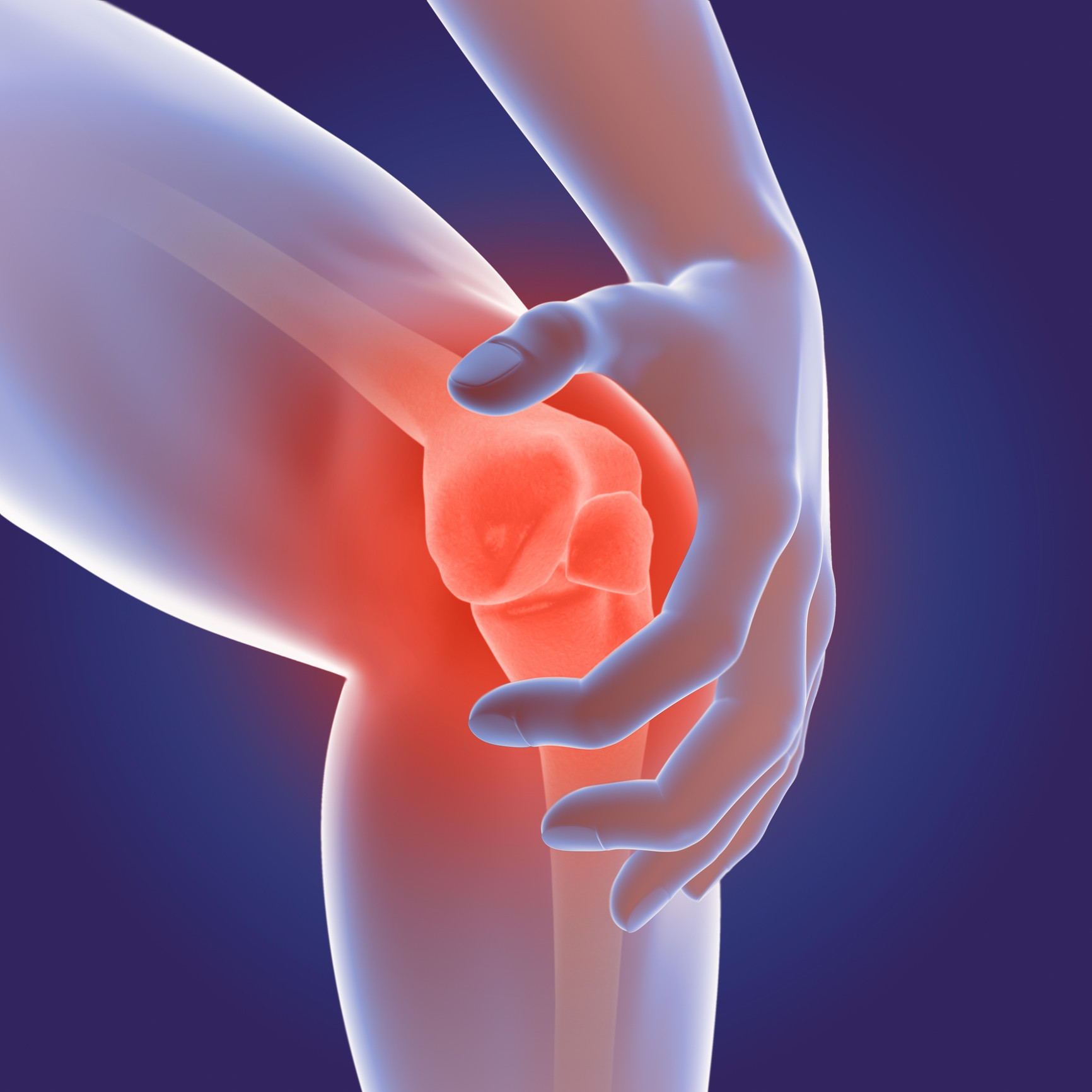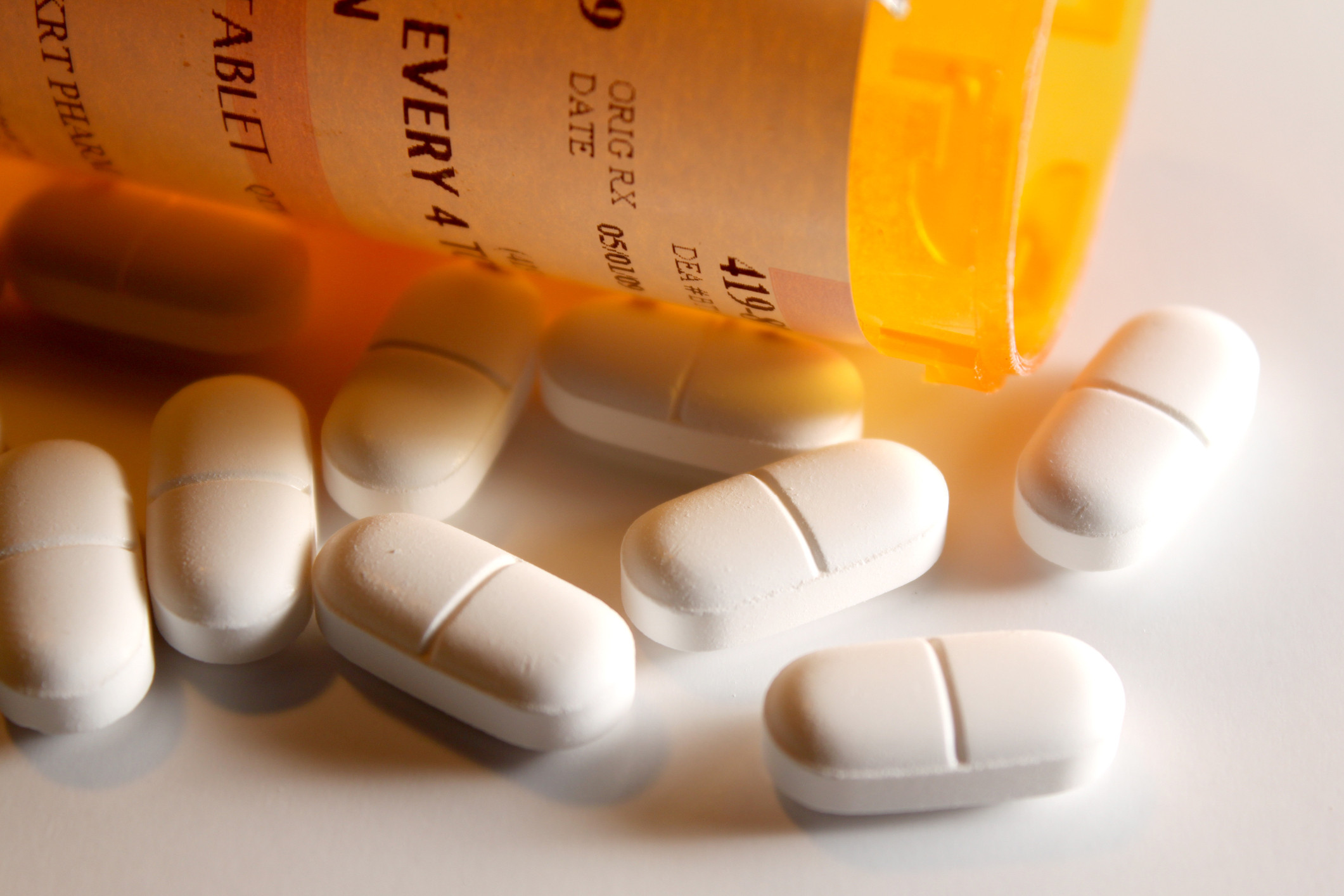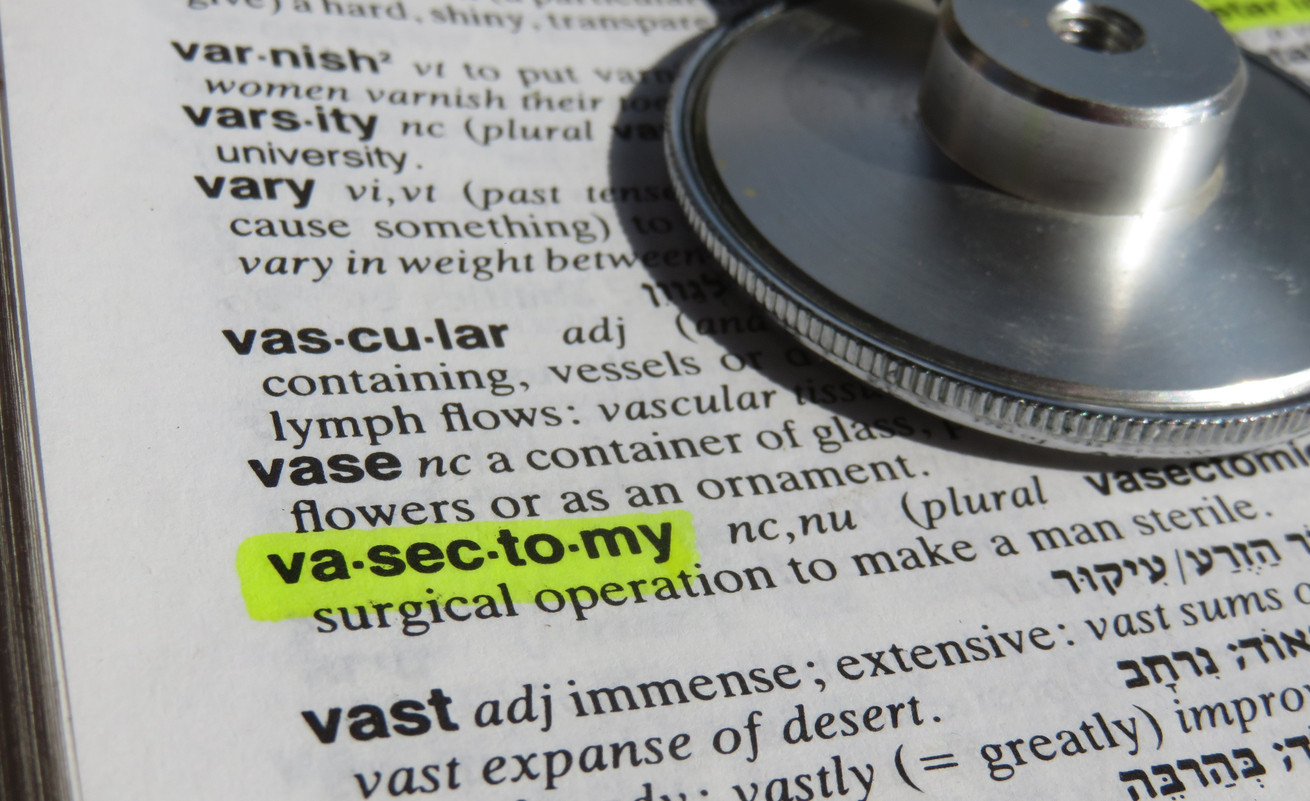
Trying to lose weight? Be careful not to lose muscle

Is your skin problem actually an autoimmune condition?

People with diabetes face higher risk of hearing loss

Antibiotic-free fixes for recurrent UTIs

Musculoskeletal syndrome of menopause: When menopause makes you ache all over

When can older women stop getting mammograms?

To lose weight, especially harmful belly fat, combine diet and exercise

Can men hold off on treating recurring prostate cancer?

The 7 types of rest and why we need them all

What are the early warning signs of cervical cancer?
Harvard Health Blog
Read posts from experts at Harvard Health Publishing covering a variety of health topics and perspectives on medical news.
Articles
Feeling okay about feeling bad is good for your mental health
A trio of studies investigated the connection between the ability to accept the negative emotions generated by stressful situations and a person’s long-term psychological health.
Lessons from a chronic pain management program
Comprehensive programs for chronic pain involve a variety of components, from body mechanics to nutrition to occupational therapy and beyond. And while there is no easy fix for chronic pain, and sometimes no permanent fix at all, unexpected victories can be made in the search for answers.
How smart are you about car seats?
How much do you know about car seats, and the guidelines for their safe use in your car? Our quiz has the answers.
Too many pain pills after surgery: When good intentions go awry
A reasonable and well-intentioned effort to reduce and relieve pain can inadvertently lead to a potentially life-threatening addiction, but there are some surprisingly simple ways to avoid such scenarios.
Can getting quality sleep help prevent Alzheimer’s disease?
Sleep gives the brain the opportunity to rid itself of proteins believed to contribute to the development of Alzheimer’s disease, and now research is showing an association between poor sleep and the accumulation of those proteins.
What’s up with hiccups?
Hiccups are certainly frustrating, and knowing they serve no bodily purpose does not make them any less pleasant to endure. There are things you can try that may help, but in most cases they will go away after a short time.
3 things parents should know about complementary and alternative medicine
Many treatments fall under the term “complementary and alternative medicine,” and many of those treatments are helpful. Yoga, meditation, and acupuncture are a few examples, but parents should be careful and consult their child’s doctor when using these approaches.
How we can all help protect babies with immunizations
In a study of pregnant women, more than half received no information about immunizations for their babies. When they did, it was more likely to be negative if it came from a friend or family member.

Trying to lose weight? Be careful not to lose muscle

Is your skin problem actually an autoimmune condition?

People with diabetes face higher risk of hearing loss

Antibiotic-free fixes for recurrent UTIs

Musculoskeletal syndrome of menopause: When menopause makes you ache all over

When can older women stop getting mammograms?

To lose weight, especially harmful belly fat, combine diet and exercise

Can men hold off on treating recurring prostate cancer?

The 7 types of rest and why we need them all

What are the early warning signs of cervical cancer?
Free Healthbeat Signup
Get the latest in health news delivered to your inbox!
Sign Up




